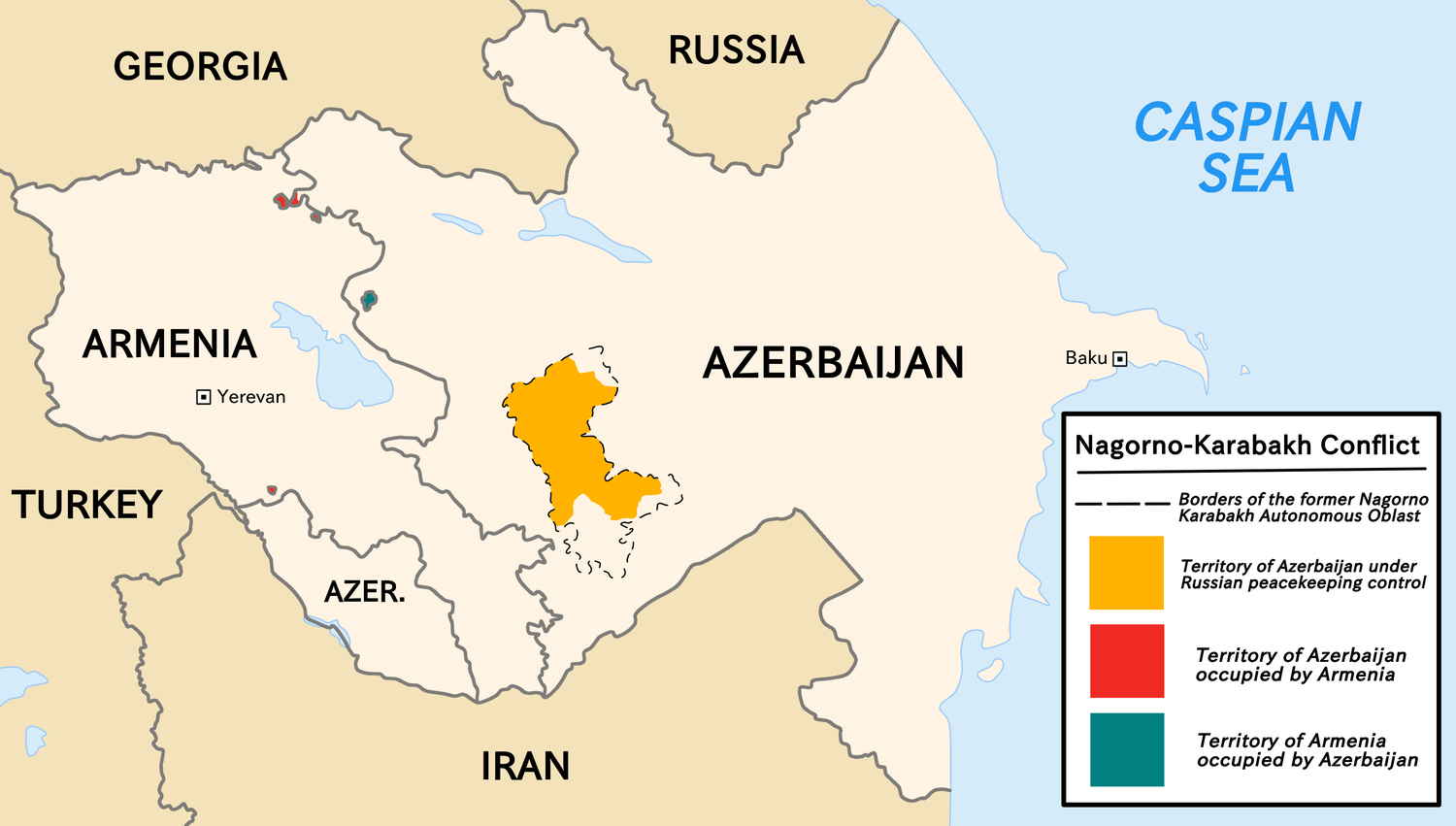Tensions Escalate in Nagorno-Karabakh: Azerbaijan Shuts Armenian Airspace Amid Conflict Flare-up
On Tuesday, the volatile region of the Caucasus witnessed a significant escalation in the conflict between Armenia and Azerbaijan. In a unilateral move, Azerbaijan declared a shutdown of Armenian airspace, citing «anti-terrorist» operations in the disputed Nagorno-Karabakh region, which is adjacent to both countries. This decision comes amidst reports of artillery shelling and the deployment of surface-to-air missiles targeting Armenian forces.
Dyami has urged its clientele to refrain from traversing any sector of Armenian or Azerbaijani airspace, expanding its previous alert which pinpointed specific areas to avoid. Concerns are mounting that the airspace corridor that Armenia and Azerbaijan have facilitated for flights between Europe and Asia might be in jeopardy, especially given the proximity of the Russia-Ukraine conflict.
Interference to airliners, a raising concern
This predicament has caused alarm amongst the international community, with aviation experts fearing longer, fuel-inefficient routes might be necessary to sidestep the crisis zone. This sentiment echoes concerns surrounding airspace safety in light of previous incidents such as the downing of flight MH17 over Ukrainian territory in 2014.
In addition to the rising conflict, the region has experienced disruptions in civil aviation operations. Reports indicate that Armenian armed groups have been employing radio interference to disrupt the GPS systems of aircraft traversing Azerbaijani airspace. These provocations have intensified in recent days, raising questions about the efficacy of Russian peacekeeping efforts in the region.


Para comentar, debés estar registradoPor favor, iniciá sesión